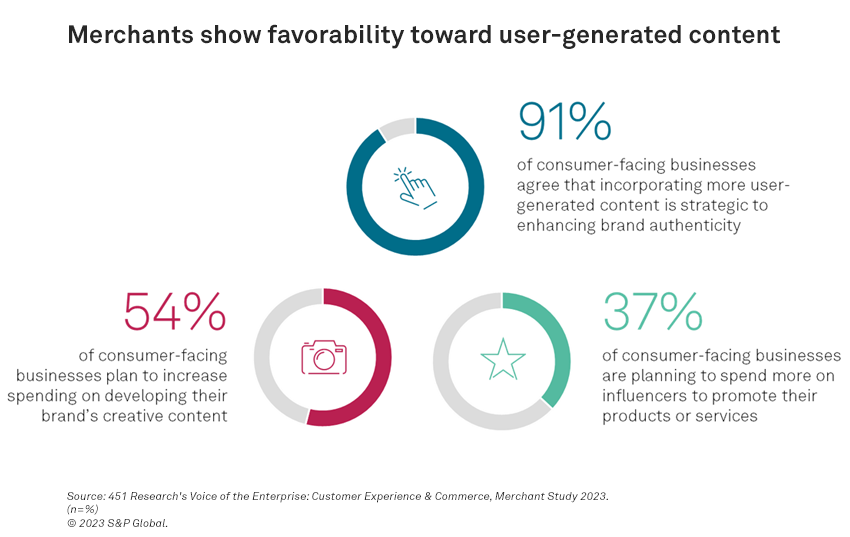
The rise of the creator economy has indelibly transformed marketing. Brands are tapping into influencer marketing platforms (IMPs) to discover and collaborate with influencers. M&A activity in this space is likely to gain pace due to growing demand, while owning an IMP could give martech-based vendors an edge, according to Zach Ciampa, associate research analyst at 451 Research, a part of S&P Global Market Intelligence.
Talent acquisition
The earliest dedicated provider of IMPs is known to be PayPerPost, a Florida-based organization founded in 2006. However, most active players in the IMP space came to the market around the mid-2010s when social media use exploded. As there are a huge number of influencers — of various popularity tiers across all channels — IMPs serve as a marketplace to connect brands to creators and ecosystems that can help them to achieve the best results.
IMP product suite
Most IMPs offer self-service software, API support tools and AI-led search capabilities. However, there are not as many new IMPs as expected. Instead, emerging tools, such as generative AI, are being incorporated into preexisting IMP offerings.
Contrary to popular belief, social media organizations such as Meta Platforms, TikTok and Snap lack services that help brands with influencer marketing.
M&A rationale
Martechs specializing in user-generated content and social media benefit from owning a centralized hub of influencers that brands can work with. A recent example is the acquisition of Tagger Media, an influencer marketing and social intelligence platform, in a $140 million deal by Sprout Social, a social media management software provider. So far most of the IMPs are driven by synergy, while investors in this area typically eye vendors that offer numerous leverage points.
Meanwhile, organizations planning to increase media spending on influencers are mainly digital goods vendors (48% — e.g., media, streaming and SaaS providers) and general retailers (45%), according to a recent 451 Research survey.
Technology organizations in the social media sphere tend to have significant strategic crossover opportunities. By providing influencer marketing tools, these technology firms can attract brands opting to invest in paid partnerships with creators.

Many potential targets
The IMP market is populated by startups of various sizes, broadening opportunities for organizations of various scale.
Potential acquirers
- Social media giants. As mentioned earlier, some of the largest players, including TikTok, lack broad capabilities that many stand-alone IMPs offer. Social media giants with deep pockets should venture more actively into IMPs, given that influencers thrive in the ecosystem these organizations created.
- Social-focused SaaS vendors. Bazaarvoice, Emplifi, Dash Hudson and Estalae’s impact.com are SaaS vendors active in the social media and influencer space. Traditional martech vendors including Salesforce, Adobe and HubSpot are not active in the influencer space, but they offer strong CRM capabilities that could fold existing unaffiliated IMPs into their product suites.
- E-commerce providers. E-commerce providers make up another category of potential acquirers, as organizations using the online retail platforms tend to see them as trusted hubs where they can engage with creators. Shopify acquired Dovetale, a software provider that helps brands manage influencer marketing programs. Some of the e-commerce providers that do not have direct ownership of any platforms offer integrated affiliate programs.
- Assorted agencies. Acquisition of IMPs would give a technology-backed edge to advertising, marketing and talent management agencies.
Want insights on consumer tech trends delivered to your inbox? Join the 451 Alliance.

